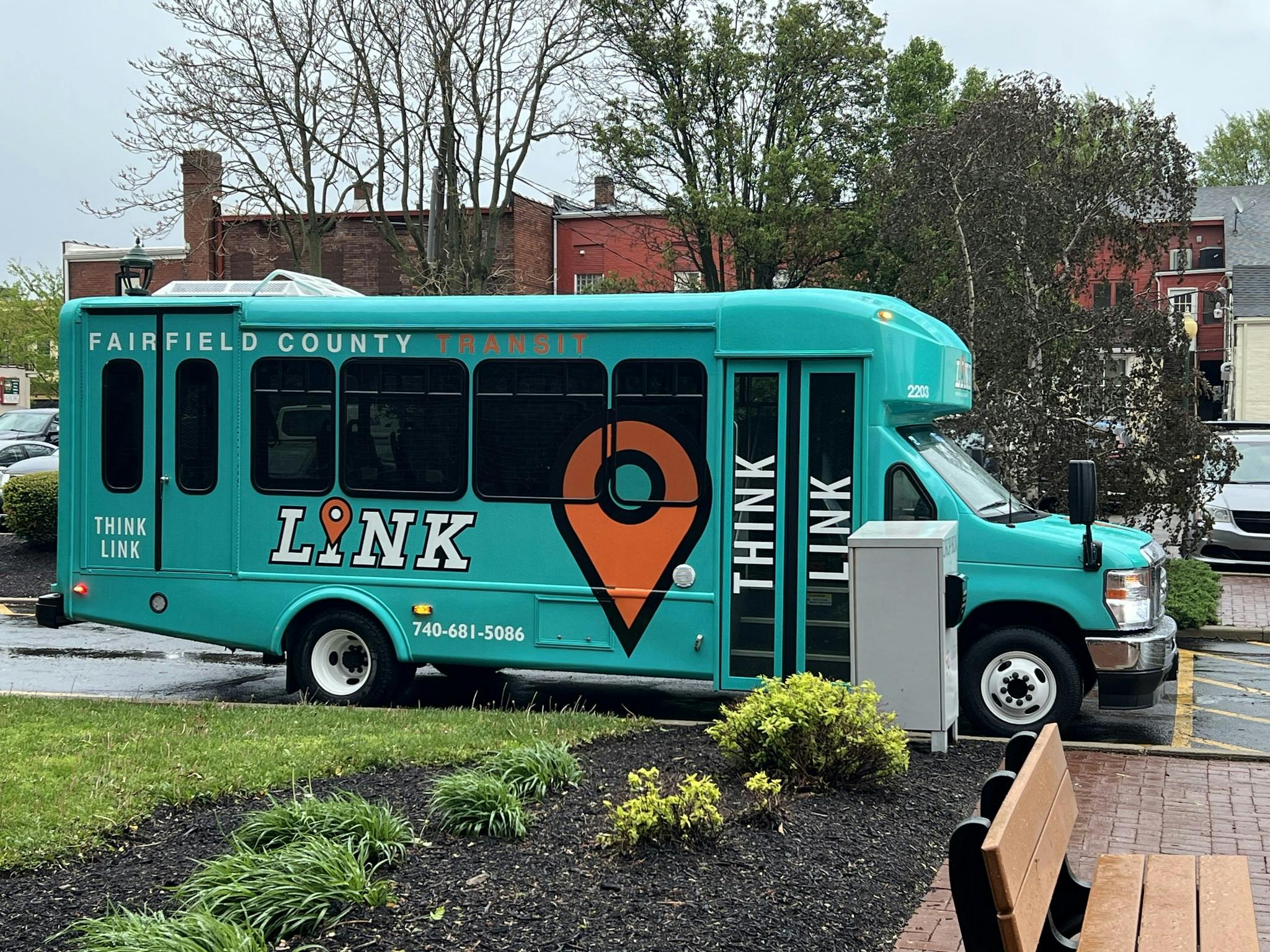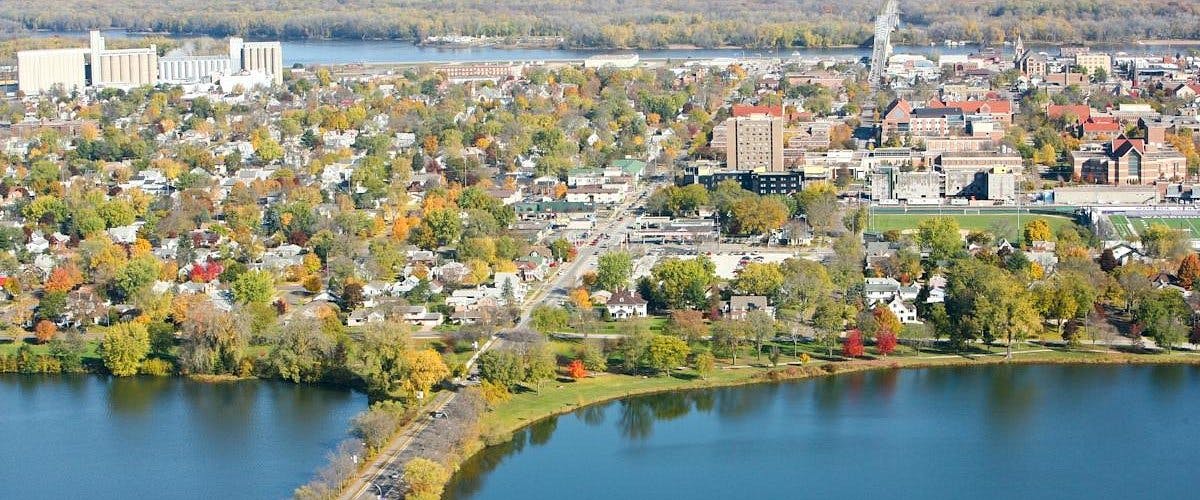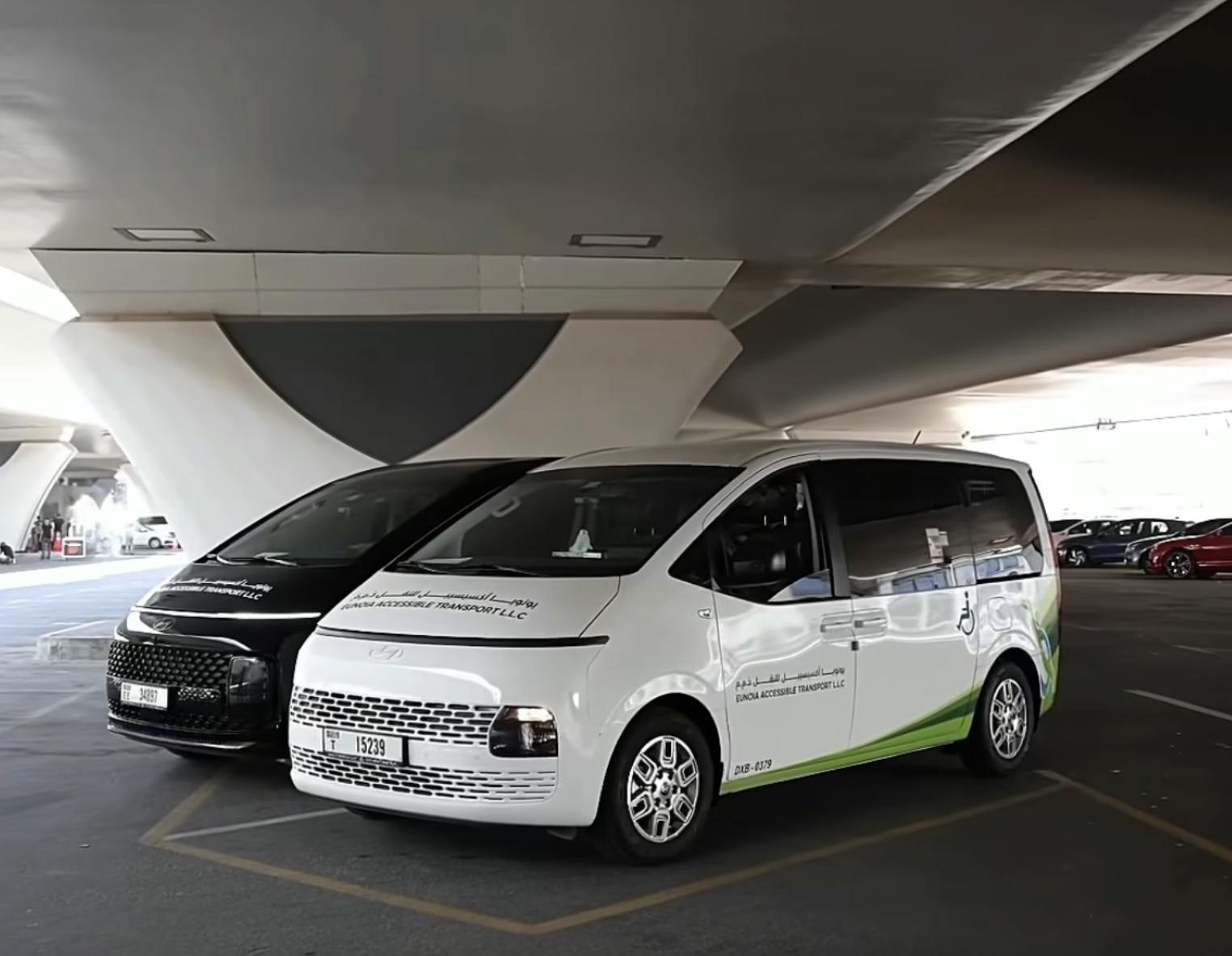
Life at The Routing Company: Jackson Lester on the Future of Transportation
In this interview, Senior Product Manager Jackson Lester talks about his vision for the future of public transportation, how he stays connected to remote colleagues, and how working as a ski instructor led him to The Routing Company.
This interview is part of a series highlighting some of the people powering The Routing Company around the world.
What do you do at The Routing Company?
I am a Product Manager at The Routing Company. I try to understand what transit agencies need, and then bring those needs into our product development process so that we build to help them do their jobs better.
How did you develop an interest in the transit space?
I was working as a ski instructor after my undergraduate degree and didn’t really know what I wanted to do with my life. One day, I was driving from Utah, where I was living, back to Kentucky, where I grew up. I turned the radio off for a while and started thinking about transportation, my hometown, and how you can only really participate in society if you have a car. If your car breaks down and you can’t afford to fix it, then you lose your ability to participate. If you have a job, you might lose it. Needing to own a car as a precursor to existing in society really offended me; I had never seen things that way before. When I got home, I read and thought constantly about transportation and land use, then ultimately decided that was what I wanted to do with my life. I went to grad school to study transportation engineering, and knew generally that I wanted to work to make the world more liveable without a car. After grad school, I got a job as the planner at a public transit agency in another car-dependent city in central Oregon. After a couple of years there, I moved over to the tech world. I had the idea that by developing the technology that transit agencies use, I could have a bigger impact. I wanted to help build the tools that people need to make transit work better, particularly in car-dependant communities.
What excites you most about working at The Routing Company?
I think on-demand is the future. Again, the reason that I work in transit is because I want to make the world more liveable without a car. Most experts agree that autonomous vehicles are coming at some point, and that’s going to lead to a major shift in how we get around. I think autonomous vehicles could lead to a renaissance in public transportation. When people are paying marginally for each mile they’re traveling, they’ll be more cost sensitive. I imagine a future where people are taking high frequency, reliable, and direct fixed-route transit for the trunk of their journey, and then use shared on-demand modes to get to and from those fixed-routes. The reduced cost of the first and last mile connections that autonomous on-demand services can bring creates a huge opportunity to fundamentally change the way that we travel.
I’m really excited to work in the demand-responsive transportation space because I think this is where the biggest change is coming to how we travel.
Do you envisage a future where no one has a car?
As we move towards autonomous vehicles, I expect the vehicle ownership to become more like more like airplane ownership is today. The technology and the equipment is going to get more expensive as it gets more sophisticated, and most people will pay to ride in other peoples’ vehicles instead of keeping their own. Like airplanes, I think that some people are going to have their own autonomous vehicles, but more broadly I think that people are going to get around in shared transportation modes.
What does an average day at The Routing Company look like?
An average day at The Routing Company looks like working on forty different things with ten different people! That’s a lot of what I love about it. I get to participate in engineering, developing our roadmap, helping potential clients understand how they can use our tools, and a bunch of other things. That’s one of the things that I love the most about working at a startup, and especially a startup in this space. There are really interesting problems to solve, and a lot of different things that you can do on any given day to work toward solving those problems.
How do you feel connected to your team when working remotely?
I really like that we do offsites regularly where we get to see each other in person. I’m in Montreal right now, and our CTO, Alex, was here traveling with me and working remotely together. He lives in Boston and I live in Oakland. It’s cool to get to see teammates informally like that. The flexibility that working remotely provides is unparalleled. In terms of connecting with the team, having daily standups where we all talk about what we’re working on, what challenges we’re facing, and how we can help each other is really effective in feeling like I’m part of a team. One of the things that I love the most about TRC is that everybody here acts like an owner. By that I mean that if you are blocked on something or need help, everyone is going to try to figure out how they can help you. Often, that becomes their top priority. Even though I’m often geographically isolated, I don’t feel at all isolated in my work.
What is one challenge facing the transit industry right now?
Transit agencies that depend on fares to cover a big share of their operating expenses have faced substantial problems since the beginning of the pandemic. Ridership has dropped and their operating expenses have risen, especially with the inflation over the past year and the increased cost of hiring drivers. A lot of agencies are having to rethink how they operate their services and what kind of quality they can afford to provide. While that does lead to opportunities to switch some services to on-demand modes, it is inevitably going to lead to more service cuts. I’m really worried about the riders that will leave behind; both for the loss of mobility they will experience personally and the growth in car dependence across more of America.
What is one opportunity for the transit industry?
Technology! The technologies that exist for public transit make it so much easier to operate transit, ride transit, and pay for transit. Thinking about what taking a bus would have been like twenty years ago, before smartphones, I wouldn’t know how to catch the bus. I would be highly unlikely to know the schedule or have the exact change that I needed to pay my fare. Now, on a lot of transit networks, I can just tap a credit card on a reader. With GTFS, I can go to a maps app and put in my origin, destination, and when I want to go, and it will tell me where to walk, when to walk there, which bus to catch, when to get off, and which next bus to get on so that I can get to my destination. Because we have technology to do all of these complex coordination efforts for us, it is a lot easier to use transit. And as time goes on, there are going to be more and even cooler technologies that transit agencies can use to get more people on board. In fact, we’re developing several of them here at TRC!
Do you want to help The Routing Company move the world? Find out more about our available positions and apply here.


